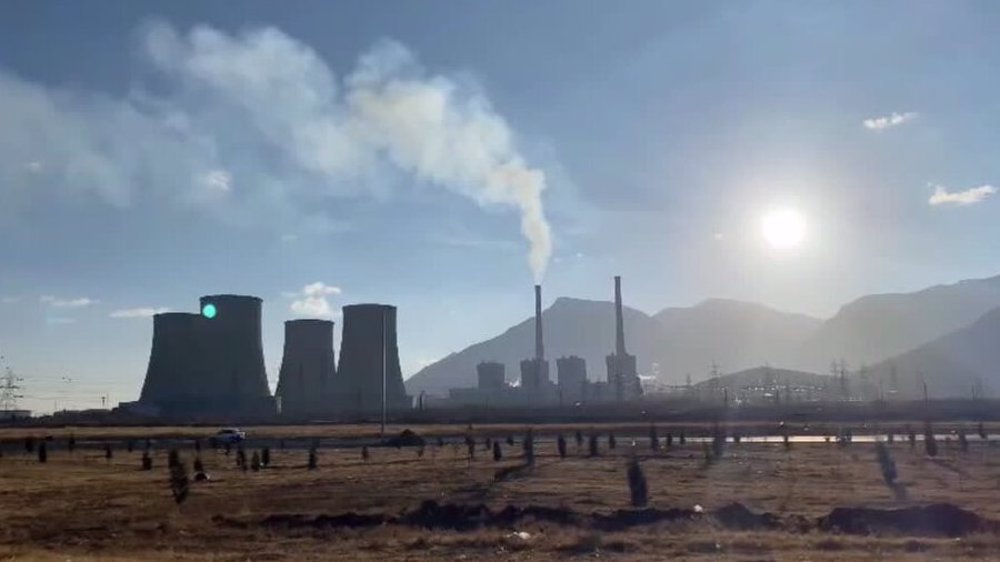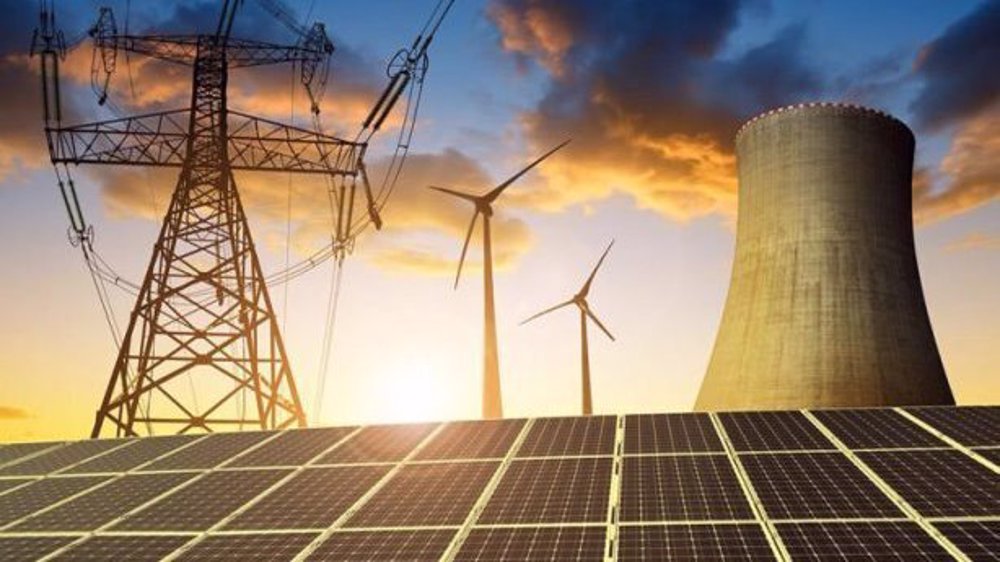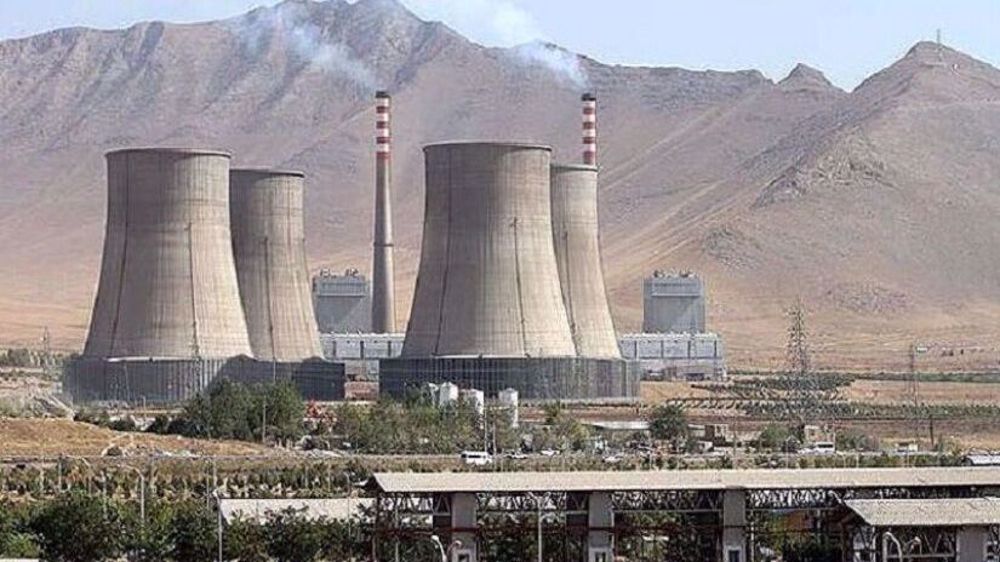India imports 17 percent more Iranian crude oil in April
India, one of the world’s biggest consumers of energy, has imported over 17 percent more Iranian crude oil in April this year than a year before, amid new hopes about a diplomatic solution to Iran's nuclear issue by end of June.
Preliminary data from trade sources on Thursday showed that six Iranian vessels carrying about 264,000 barrels per day (bpd) of oil went to India in April, and two more ships will reach Indian ports by the weekend.
According to the data, the eight oil consignments contained an average of 316,000 bpd of Iranian oil.
The figure for India’s oil imports from Iran in April has been the highest since January. The energy-hungry country received about 225,000 bpd of Iranian crude last April.
Indian Oil Corp (IOC), the country's biggest refiner, received Iranian oil in April after a gap of three months.
India’s imports of Iranian oil were reduced by more than half in January-April 2015 to about 220,000 bpd, as New Delhi curbed purchases in the first quarter under pressure from Washington.
However, the prospects of a nuclear deal between Iran and the P5+1 countries – the US, the UK, France, Germany, Russia and China – have increased India’s enthusiasm to boost energy ties with Iran.
On April 18, a high-ranking Indian delegation arrived in Tehran to hold talks over a new oil contract with Iran.
The delegation was headed by Shri Ashutosh Jindal, the director of Indian Ministry of Petroleum and Natural Gas, and included officials from ONGC Videsh and Mangalore Refinery and Petrochemicals Ltd.
Expansion of ties between Iran and India, increasing oil imports from Iran, investment in Iran’s energy sector, as well as the establishment of a deep sea gas pipeline to transfer Iran’s natural gas to India, were among major topics on the agenda of the Indian delegation.
During the same day, the Indian delegates met and conferred with officials of the National Petrochemical Company (NPC).
The meeting was held behind closed doors, but experts said Indian delegates discussed, among other things, participation and investment in Iran's new petrochemical projects, especially in Asalouyeh Special Economic Zone and Iran's southeastern port city of Chabahar.
India is the second biggest customer of Iran's crude oil after China, but its imports from Tehran relatively decreased in recent years as a result of sanctions imposed on Iran by Western countries, claiming there is a military aspect to Iran's peaceful nuclear program. Iran has categorically rejected the allegation.
The Islamic Republic and the P5+1 group of countries – the US, the UK, France, Germany, Russia and China – reached a mutual understanding on April 2 in the Swiss city of Lausanne, which is considered a prelude to the achievement of a comprehensive deal before a self-designated deadline at the end of June. A key point of Lausanne statement was a promise to lift a series of economic sanctions on Iran – including those on the country’s oil industry.
Following the Lausanne understanding Iran's oil industry officials said international companies have voiced interest in taking up projects in the country’s oil industry.
SS/SS
Occupation of Syria’s highest peak Mount Hermon part of ‘Greater Israel’ project
Iran: Syrian people will decide their future without foreign interference
IRGC says Iran’s power exceeds borders, warns enemies to adjust themselves
Dozens detained, several wounded in Israeli raids in West Bank
‘Ethnic cleansing’: Hamas blasts Israeli attacks on Gaza hospital amid intl. silence
Saudi delegation meets HTS leader at presidential palace in Damascus
Relentless Israeli ceasefire violations justify need for self-defense: Lebanese MP
Tel Aviv tells Damascus Israeli forces will remain in occupied territory: Report










 This makes it easy to access the Press TV website
This makes it easy to access the Press TV website